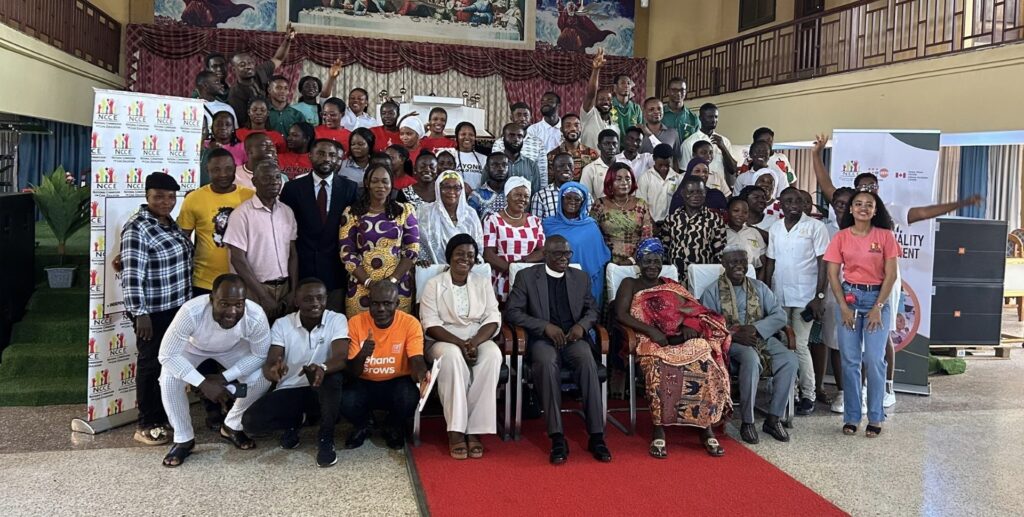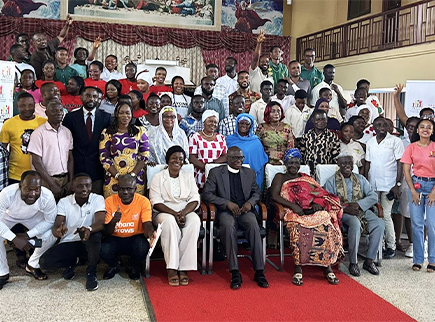Ms. Mavis Achiaa Opoku, the Kwadaso Municipal Director of the National Commission for Civic Education (NCCE), has called on stakeholders to collaborate to help promote adolescent reproductive health.
She said reproductive health and gender-based education for the youth were vital for advancing gender equality, improving health outcomes, and strengthening social cohesion.
She was speaking at a stakeholder’s engagement organised under the auspices of the United Nations Population Fund (UNFPA) 8th Country Programme (2023 – 2027), which seeks to promote adolescent health, gender equality and the prevention of gender-based violence.
It was under the theme: “Empowering Community and Youth for Adolescent Health, Gender Equality, and Preventing Gender-based Violence Through Civic Engagement.”
According to the World Health Organization (WHO), complications from pregnancy and childbirth remain the leading cause of death among girls aged 15-19 globally.

Each year, an estimated 21 million girls aged 15-19 in low-middle-income countries become pregnant, of which 12 million giving birth.
Ms. Achiaa Opoku noted that, the stakeholder engagement, provided a platform for dialogue, collaboration and coordinated action in addressing adolescent pregnancy, family planning and harmful social practices that affected young people, especially girls and underserved youth.
Madam Rita Pulere Gbarinaa of the Ghana Health Service, highlighted the importance of adolescent health, noting that, the adolescent period between the ages of 10-19, was a critical stage of physical, emotional and social development.
She explained that family planning for adolescents was not about promoting sexual activity among the youth, but rather, empowering them with the knowledge and tools to make informed decisions.
Ms. Joyce Amponsah Kusi, Assistant Superintendent of Police (ASP) of the Domestic Violence and Victim Support Unit (DOVVSU) of the Ghana Police Service, explained that gender-based violence was a physical, sexual, psychological, or economic harm inflicted on individuals based on gender, stressing that it often stemmed from gender inequality and harmful social norms.
She urged intensified community education through churches, mosques and information centers to tackle the menace, adding that “parents must take full responsibility of their children by providing their basic needs.”
The stakeholders were drawn from the local government, traditional and religious leaders, service providers, civil society organizations and local NGOs, representatives from girl or youth empowerment clubs, security institutions and the media.

